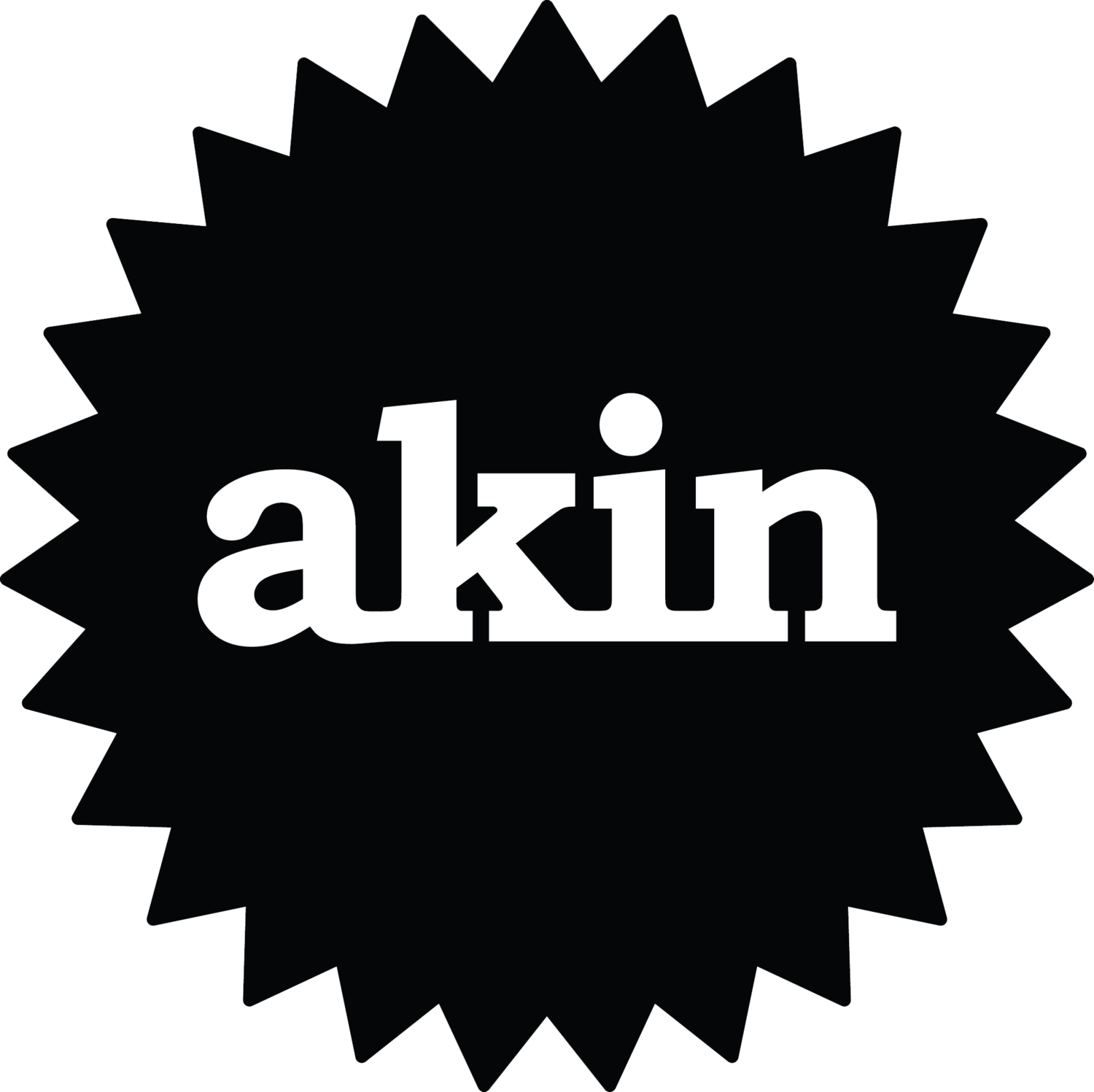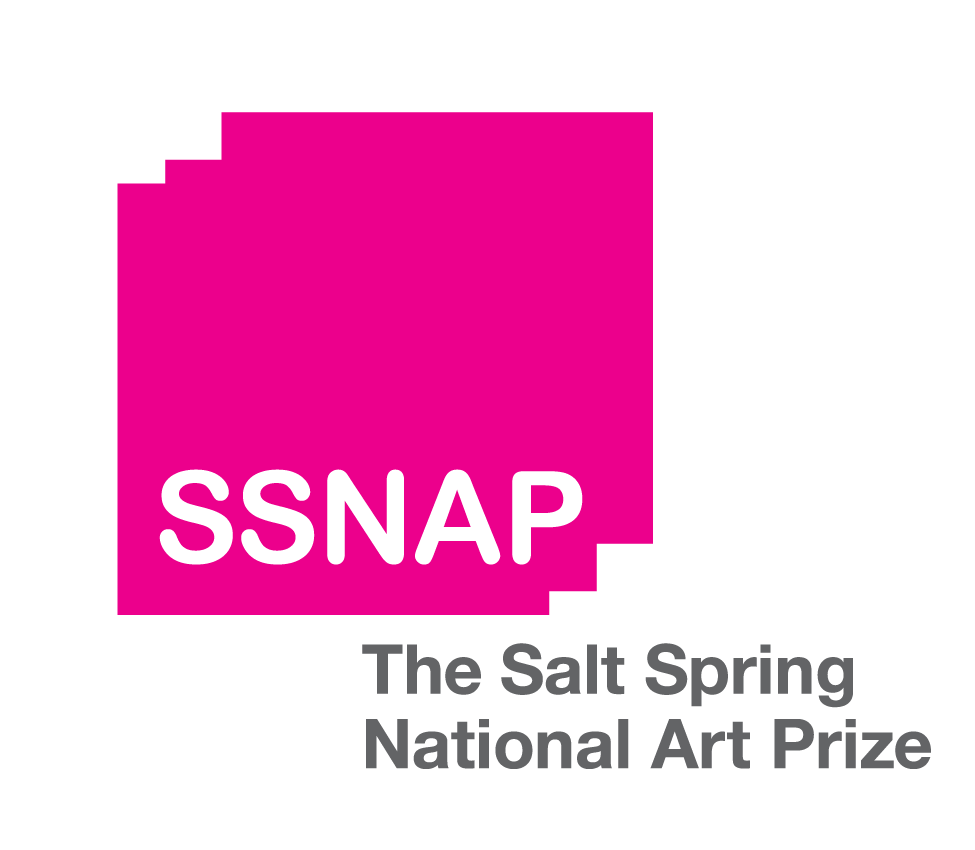Grant Writing Tips and Tricks - Upcoming Grant Opportunities
Grants: they may not be a walk in the park, but they are an important part of many professional artist’s careers. Grants can afford you the time and space to take your practice to the next level. Here are some helpful tips to get you started.
1. Tell your story
Put lots of thought into who you are and what kind of project you’d like to accomplish. What is the magic cocktail of experience that makes you the right artist for this project? Why now? What in your experience has prepared you to pull this off? Believe it or not, grant writing is storytelling. Don’t hide behind jargon and big, fancy words. Writing your story clearly and passionately is the best way to capture the panel’s attention.
2. Don’t take it personally
Easier said than done, right? If you aren’t chosen for a grant, try not to let it interfere with your self worth/sense of confidence as an artist. Ask for feedback from the grant panel, they’ll usually be happy to give it to you. Remember, your entire career doesn’t ever rest on one grant. Being able to keep up a steady routine of grant writing over the years will absolutely pay off in the end.
3. Turn the grant writing process into something more
Essentially, the grant panel wants a business plan for your art project. They want you to know you’ve thought through every aspect; the themes, the timeline, the materials. If you take this process seriously, it shows! And whether you land the grant or not, you’ve finished a comprehensive plan for the future of your practice.
4. Don’t go it alone!
You should never be the only reader of your grant. It’s hard to look at your own work with eyes fresh enough to catch your own mistakes. You can ask a professional, a friend, a mother, or a studio mate to read it over. Choose your editor wisely, whoever they are, be sure they will give an honest opinion.
UPCOMING GRANT OPPORTUNITIES:
Skills and Career Development: Indigenous Arts Professionals and Arts Professionals of Colour, Ontario Arts Council
Deadline: May 4, 2023
Description: This program supports Ontario-based Indigenous arts professionals and arts professionals of colour, or ad hoc groups and collectives made up of Indigenous arts professionals or arts professionals of colour for professional development and skill-building opportunities that advance applicants’ work and careers. It funds all contemporary and traditional art practices that are supported at OAC. Projects can include: study and training, mentorship, internship and apprenticeship and documentation of art work.
Find more details here
Newcomer and Refugee Artist Mentorship, Toronto Arts Council
Deadline: April 24, 2023
Description: Newcomer and Refugee Artist Mentorship program provides support for newcomer and refugee artists to develop their artistic practice and to further their integration and inclusion to Toronto. We define a newcomer as: an immigrant or refugee who has lived in Canada for less than 7 years; a refugee is a person who was forced to leave their home country and is now located in Canada.
The program provides funding for individual newcomer and refugee professional artists to be mentored (guided) in their chosen arts discipline
The mentorship application is submitted by the newcomer artist with the mentor as the co-applicant. Both the applicant and the mentor must identify as professional artists.
Find out more details here
Craft Projects, Ontario Arts Council
Deadline: October 25, 2023
The program supports craft-based practices through grants to Ontario-based artists, curators, ad hoc groups, collectives and organisations. The program has five categories:
Research/Creation/Development – Emerging artists and curators: to help cover the costs of research, experimentation, creation, production and/or career development
Research/Creation/Development – Mid-career artists and curators: to help cover the costs of research, experimentation, creation, production and/or career development
Research/Creation/Development – Established artists and curators: to help cover the costs of research, experimentation, creation, production and/or career development
Research/Creation/Development – Collaborations: to help cover the costs of artists to collaborate on research, experimentation, creation, production and/or career development
Connections: to help cover the costs of projects that connect Ontario craft with audiences and expand the public profile and appreciation for craft; programming that encourages craft-based critical discourse and curatorial practice; and activities that make connections within the Ontario craft community
Find more details here
Black Arts Projects, Toronto Arts Council
Deadline: Applications accepting on an ongoing basis
The Black Arts Projects Program supports arts projects by Black artists, Black artist collectives, and Black-led, Black-focused and Black-serving organizations. For the purpose of this program, “Black” refers to African descendant people across the diaspora including but not limited to African Canadian, Afro-Caribbean, Afro-Latinx, East African, West African, Southern and Central African, Afro-Arab, Afro Indigenous, etc. This funding program is intended to support the development, continuation, and flourishing of Black arts communities.
Find more details here
Visual Artists Program: Creation, Toronto Arts Council
Deadline: Applications accepted on an ongoing basis
Toronto Arts Council’s Visual Artist Program: Creation provides support to visual artists who have a professional independent art practice for the creation/production of new work or the completion of works in progress. Funds are intended to cover direct costs of creation/production, and materials.
Visual Arts includes drawing, painting, sculpture, photography, mixed media, printmaking, performance art, installation and fine crafts and more. The Visual Artist Program: Creation does not include film or video makers- they apply to the Media Artist Program: Creation.
Find more details here
Writers Program, Toronto Arts Council
Deadline: June 15, 2023
Toronto Arts Council Writers Program supports the creation of new literary works or works-in-progress in the genres of fiction (including novels, short stories, children’s literature, graphic novels, etc.), literary non-fiction, poetry and oral traditions such as storytelling, dub, rap and spoken-word.
Find more details here




























